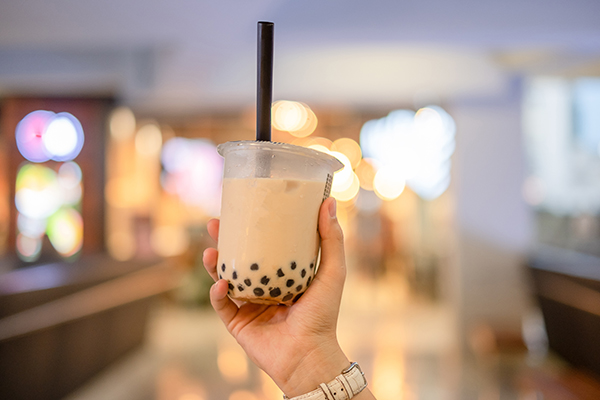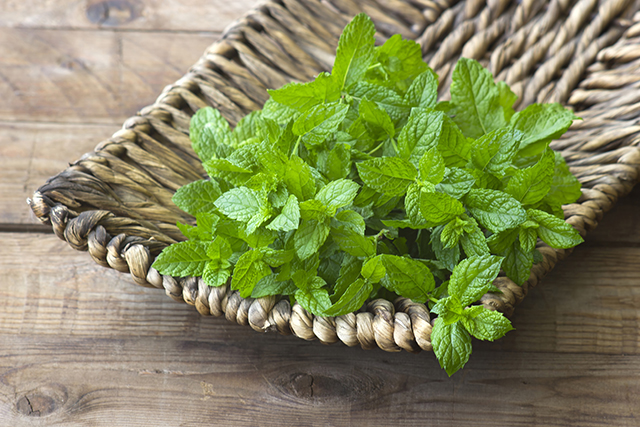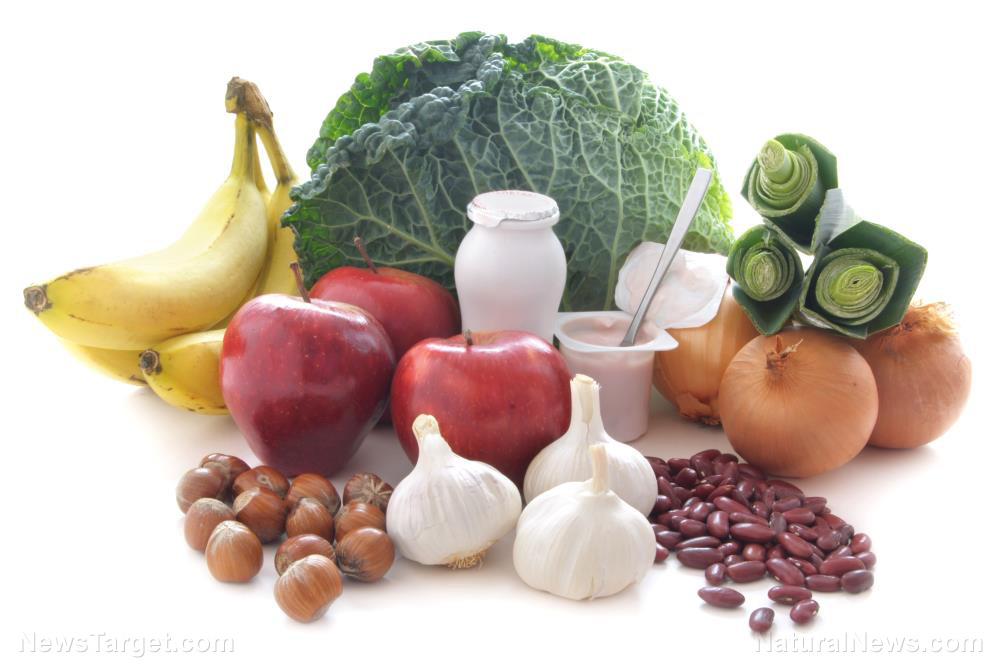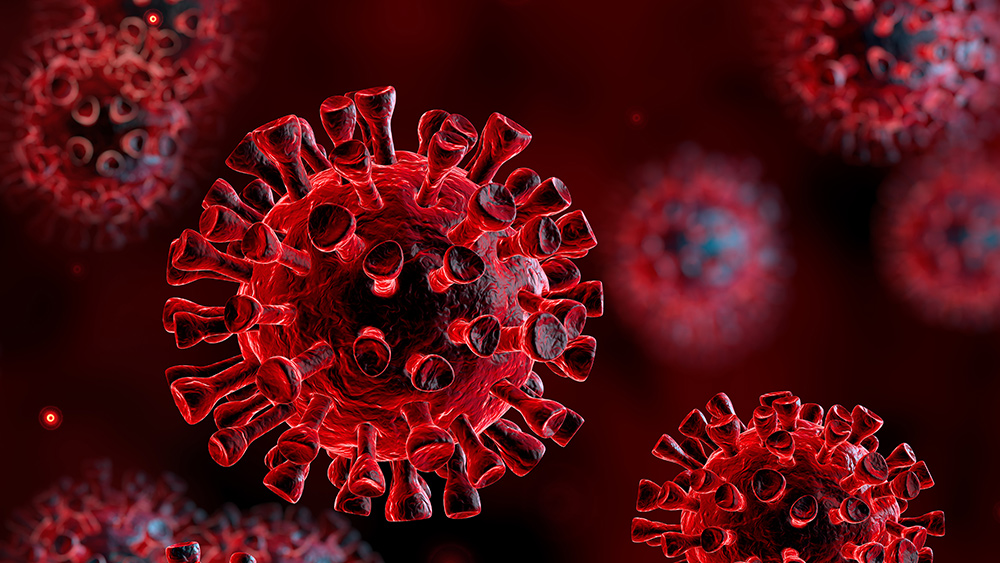Too much of a good thing: Teenager’s X-ray reveals 100 bubble tea pearls in her ABDOMEN, report confused doctors
03/01/2020 / By Divina Ramirez

A 14-year-old girl from Zhejiang, China found herself in a “sticky” situation after a recent computed tomography (CT) scan revealed over 100 tapioca pearls lodged in her abdomen. She reportedly complained about intense stomach pain and constipation for five days straight.
Doctors used a CT scan to determine the cause of stomach pain. The X-ray showed more than 100 small circular shadows in the girl’s digestive tract. The teenager insisted she had only had one bubble tea five days prior after doctors asked about what she had eaten. However, doctors believe she would have had to consume more than one bubble tea’s worth of tapioca pearls to accumulate the amount found in her abdomen. Dr. Zhang Louzhen, who treated her, suspected that she was afraid of being reprimanded by her parents. He treated her with laxatives and sent her home.
Can drinking bubble tea lead to constipation?
According to Dr. Lina Felipez, a pediatric gastroenterologist at Nicklaus Children’s Hospital in Miami who wasn’t involved in the case, consuming too many tapioca pearls can lead to constipation. However, she clarified that in such cases, tapioca, by itself, isn’t to blame. Tapioca pearls are made from the cassava root, a very starchy ingredient. This means that tapioca pearls are mostly made of carbohydrates. By itself, tapioca would not cause digestive problems.
The link between bubble tea and constipation, she added, lies with the additives that the balls contain. Guar gum – the primary ingredient that makes the pearls sticky – is a fiber and additive found in many processed foods like cheese, ice cream and sauces. Guar gum can also be used to treat constipation and diarrhea in some cases. As an additive, it expands upon contact with water. This helps give cooked tapioca pearls their soft and squishy texture. According to Dr. Felipez, guar gum could induce constipation. In high doses, guar gum could even cause serious problems like a blocked esophagus, a blocked intestine and even death.
On the other hand, Dr. Ryan Marino of the University of Pittsburgh Medical Center reminds people that dehydration plays a role in constipation.
“If you are drinking something with sugar it is probably not hydrating,” he said.
The doctors who examined the 14-year-old girl were baffled with the successful detection of the tapioca pearls. In the U.S., tapioca and guar gum are ingredients typically used in bubble tea, and they are not supposed to show up on a CT scan because they do not block the radiation used in X-rays. This led doctors to speculate that perhaps a different additive was used in place of guar gum.
While the fate of the 14-year-old girl may have been extreme, this doesn’t mean that boba (the bubbles in bubble tea) consumption is completely healthy in normal doses either. Due to its high carbohydrate content, there is very little to no nutritional value in tapioca pearls, no thanks to the cup of sugar it swims in. Additionally, raw tapioca is highly toxic because it contains cyanide. Linamarin – a toxic compound naturally found in cassava root – is transformed into hydrogen cyanide upon entering the body. When ingested, cyanide can cause headaches, nausea and paralysis. There have even been recorded cases of cyanide poisoning in bubble tea-related deaths. This is why tapioca requires proper handling, preparation and cooking.
Healthy alternatives to boba
The risks of boba far outweigh the few benefits it offers. Here are two alternatives you could try to satisfy your sweet tooth:
- Green tea – Arguably the most popular tea, green tea is packed with nutrients and antioxidants. Green tea extract helps aid weight loss, boost metabolism and improve physical performance and brain function. If you’re looking for a sweeter version, you could simply add a tablespoon of raw honey or a slice of lemon.
- Turmeric – If you’re looking for more flavor, you could always try creating a tonic, juice or smoothie with turmeric. This spice, known for its vibrant yellow color, contains medicinal properties that increase the body’s antioxidant capacity. Turmeric helps prevent diseases and slow down aging by helping prevent inflammation and treating blood conditions.
Sweeteners.news has more stories on healthy drinks and artificial sweeteners to avoid.
Sources include:
Tagged Under: boba tea, bubble tea, carbohydrates, Cassava, constipation, food additive, ingredients, poisoning, tapioca pearls




















